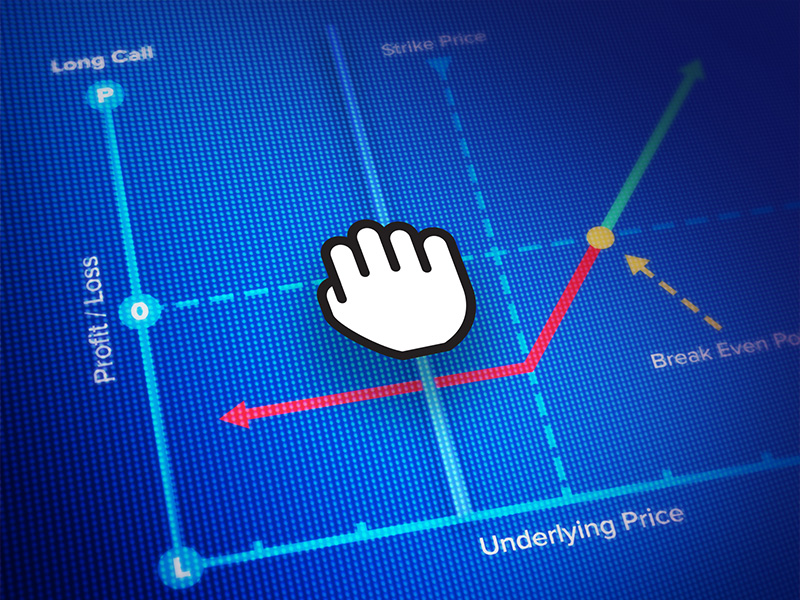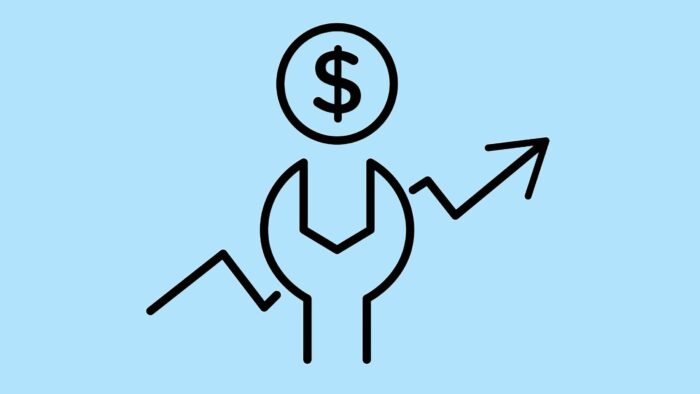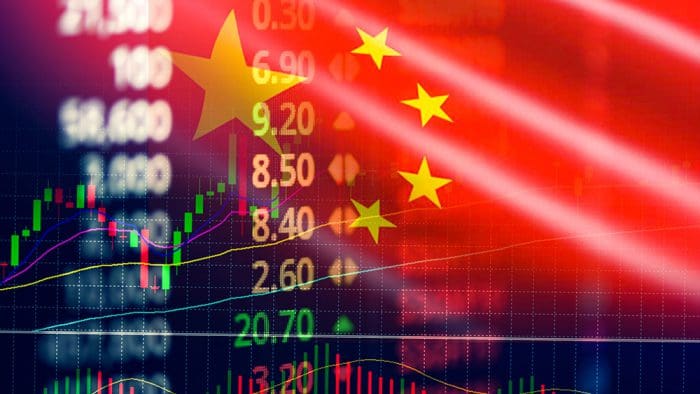China’s long-struggling economy is showing fresh signs of distress, as exports to the United States collapse under President Donald Trump‘s tariffs and the property market fails to mount a meaningful recovery.
According to United Nations Comtrade data, China shipped $35.88 billion worth of goods to the U.S. in July 2025, a staggering 22% drop from the $45.83 billion exported in the same month last year.
Trump’s Tariffs Bite as China’s Export Machine Slows Down
China’s tech exports have been decimated. Shipments of smartphones to the U.S. plummeted from $2.3 billion in July 2024 to just $534 million this July—a 77% collapse.
Laptop exports fared no better, falling from $3.7 billion to $1.69 billion in the same period.
Even traditionally resilient segments like toys and games saw year-over-year declines. Exports in that category dropped from $3.1 billion to $2.3 billion.
These drops coincide with a spike in tariffs.
Unlike Europe, where a 10% stronger euro played a role in weakening export flows to the U.S., China’s export slump stems almost entirely from tariff impacts.
The Chinese yuan has remained stable against the U.S. dollar, down just 1.5% year-over-year, suggesting minimal currency impact.
As of October 2025, tariffs on Chinese products currently stand at 30%, and President Trump threatened to add a further 100% starting Nov. 1. In 2024, Chinese exporters to the U.S. faced an average tariff rate of just 10.9%.
China’s Economic Growth Falters
The export slump is just one layer of Beijing’s current economic challenge.
China’s gross domestic product grew 4.8% year-over-year in the third quarter, down from 5.2% in the second quarter. That marks the slowest pace of expansion since the third quarter of 2024 and underscores how the country’s recovery has lost momentum despite targeted stimulus and support measures.
The slowdown aligns with market expectations but highlights the strain from multiple economic pressures: shrinking exports, soft household spending, and a seemingly endless real estate crisis.
Consumer spending remains soft despite ongoing efforts by Beijing to stimulate demand. Retail sales rose in September by 3% year-over-year but at the slowest pace in over a year. Unemployment ticked slightly lower but still hovered near a six-month high, weighing on consumer confidence and spending.
China’s property sector, once the backbone of its economy, remains in the red. According to the National Bureau of Statistics, primary home prices across 70 major cities fell 2.7% month-over-month, annualized in September.
The downturn was broad-based across all city tiers. Secondary home prices—tracked by the same agency and third-party platforms—have seen much steeper annual declines, ranging from 5% to as much as 20% depending on the region.
Chinese Tech Stocks Pullback
The fallout from China’s slowing economy, collapsing export machine and the threat of even higher U.S. tariffs is wreaking havoc on Chinese tech stocks.
New York-listed shares of Baidu Inc. (NASDAQ:BIDU) are down nearly 9% this month, while Alibaba Group Holding Ltd. (NYSE:BABA) has fallen 7%.
—
Originally Posted October 20, 2025 – China’s Growth Engine Is Sputtering—And Trump’s Tariffs Are To Blame
Disclosure: Benzinga
© 2022 Benzinga.com. Benzinga does not provide investment advice. All rights reserved.
Disclosure: Interactive Brokers Third Party
Information posted on IBKR Campus that is provided by third-parties does NOT constitute a recommendation that you should contract for the services of that third party. Third-party participants who contribute to IBKR Campus are independent of Interactive Brokers and Interactive Brokers does not make any representations or warranties concerning the services offered, their past or future performance, or the accuracy of the information provided by the third party. Past performance is no guarantee of future results.
This material is from Benzinga and is being posted with its permission. The views expressed in this material are solely those of the author and/or Benzinga and Interactive Brokers is not endorsing or recommending any investment or trading discussed in the material. This material is not and should not be construed as an offer to buy or sell any security. It should not be construed as research or investment advice or a recommendation to buy, sell or hold any security or commodity. This material does not and is not intended to take into account the particular financial conditions, investment objectives or requirements of individual customers. Before acting on this material, you should consider whether it is suitable for your particular circumstances and, as necessary, seek professional advice.




















Oh yeah, another anti American headline, “Trumps Tariffs Are To Blame”. When are the never Trumpers going to become pro-Americans?
One positive of the tariffs is that the US is now concentrating on producing rare earth minerals that China is holding over our heads – the carrot.